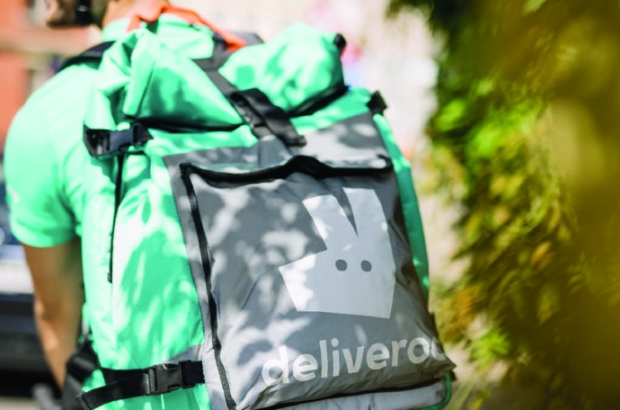- Daily & Weekly newsletters
- Buy & download The Bulletin
- Comment on our articles
New Belgian labour deal welcomed by Deliveroo
Deliveroo, the online food delivery platform, reacted favourably to the labour deal which was struck by the Belgian federal government on Tuesday, saying that the imposition of new obligations on ‘gig economy’ platforms such as theirs would "enable riders to continue working with the flexibility they value." Fellow platform operator Uber was more cautious, saying it would "study the plans".
The labour deal would impose and set criteria for determining the status of workers, a long-standing issue for platforms such as Deliveroo and Uber who claim their couriers and drivers are self-employed contractors, not employees.
Belgium will introduce a set of criteria to assess whether a platform worker is a contractor or employed, which aligns with an initiative agreed at the EU level in December. While the EU’s rules will probably not come into force for a few years, Belgium is moving ahead based on these to settle the issue with the companies operating in its territory.
In Belgium, if enough of the criteria set by the government are fulfilled — it's not yet clear how many or which ones — gig workers will automatically be classified as employees. That status can, however, be challenged in front of a court of administrative authorities.
"We know it's a sector in full development, but also a sector for which we have to set some beacons, to better define which is the relationship between the platform and the worker," Belgian prime minister Alexander De Croo said after the labour deal was reached. He added that the approach used would be "fully in line" with the EU's initiative.
According to labour minister Pierre-Yves Dermagne, the criteria will "complement" an earlier 2006 law on labour relationships. "We don't want to hurt this sector, but we want to supervise it and put an end to certain grey areas," he said. “Gig economy platforms will also have to offer insurance for work-related accidents, regardless of their workers' status.”
The EU's criteria involve gauging how much control or supervision a platform exerts over workers' prices, appearance, quality of work or conduct. Additionally, the status of a platform worker may be determined based on whether the company limits a person's ability to work for other clients or sets their working hours. The Belgian government has not said if and by how much its own criteria might deviate from these EU rules.
Platforms such as Deliveroo and Uber have previously voiced concerns over how these criteria will be assessed in practice.
















